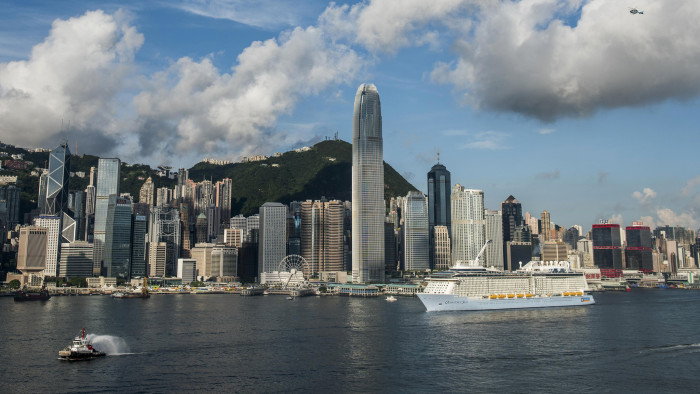Hong Kong: The start-up landscape

Roula Khalaf, Editor of the FT, selects her favourite stories in this weekly newsletter.
Population: 7.3m
Corporate tax rate: 16.5 per cent
Students starting full-time degrees this year: 88,000
Hong Kong bills itself as “Asia’s world city” and the boast is justified. The cosmopolitan territory was returned to mainland Chinese control in 1997 but remains autonomous: it presents itself to the world as a link to China that has a separate legal system and financial regulation. After finance, the property, retail and leisure sectors dominate activity.
The case for: English is the lingua franca in business, law and the professional sectors. The city has excellent infrastructure and transparent regulation, and setting up a bank account is easy. It also has a pool of highly skilled workers, thanks to academic institutions such as the University of Hong Kong, which ranks 28th globally. A low income tax rate, warm climate and high standard of living attract talent from around the world.
Guangzhou and Shenzhen, the big cities of south China’s manufacturing heartland, can be reached by train within a couple of hours.
The case against: The political system and Hong Kong’s future have become more complex over the past year. In 2014, widespread protests brought many districts to a standstill as protesters held sit-in demonstrations to oppose a Chinese plan for electoral reform in the territory. Opposition lawmakers rejected the Beijing-backed reform package, but the scale of the protests shook the territory.
High rents are a perennial challenge for businesses and for their employees finding somewhere to live. However, rents are forecast to dip because of a corruption crackdown and the slowing Chinese economy.
Support for start-ups: The Hong Kong government is supportive, and runs funding schemes for technology start-ups and those that focus on reducing poverty, in particular. InvestHK, the official foreign direct investment body, launched the StartmeupHK festival last year. A week-long event, it awards prizes to nascent businesses and features talks such as how to pitch to investors. The next festival is in January.
Nest provides seed capital and mentoring, to start-ups with potential for fast growth. Headquartered in Hong Kong, it is open to businesses from anywhere in the world but looks for “businesses driven by talented entrepreneurs based in Asia”.
Local hero: Snaptee, which launched in 2012, is an app and a retailer and enables customers to turn photos into T-shirt designs. They can then buy the finished item of clothing or sell it to others. Last September the company raised US$750,000 from investors to help it expand in Japan and the US.
Let’s launch in . . .
To read other profiles of tech launch pads in this series, go to ft.com/letslaunchin
Getting there: The Hong Kong International Airport, regularly voted among the world’s best, is used by more than 100 airlines operating flights to about 50 destinations in mainland China. There are eight direct flights between London and Hong Kong every day, and four between San Francisco and Hong Kong.
Jennifer Thompson
Comments